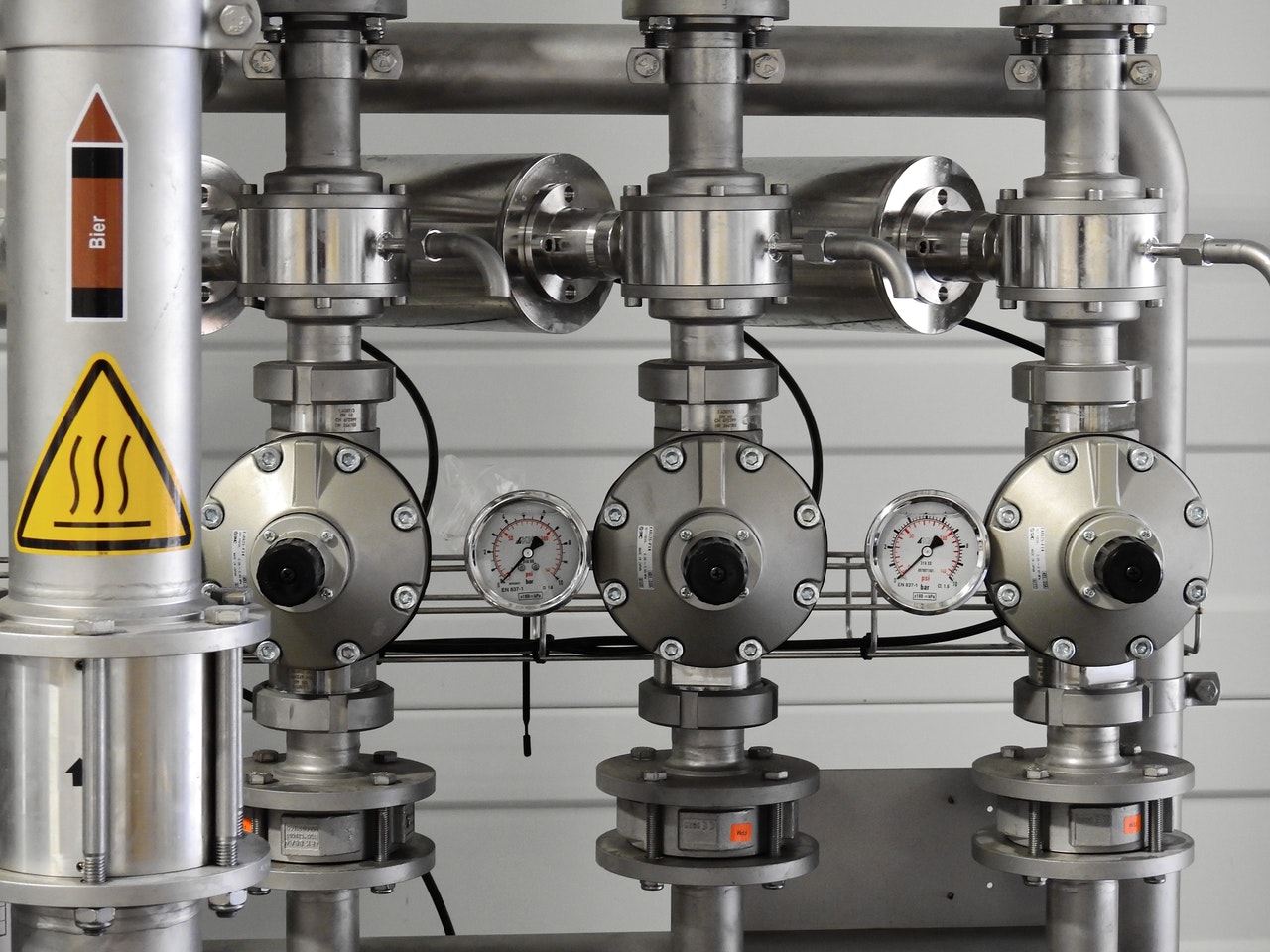Regular maintenance and inspection can keep your boiler in good condition and increase its longevity, but even the well-kept boilers eventually wear out. Many common issues can prevent your furnace from functioning well, which entails inexpensive and easy repairs. However, when repairs start adding up, consider investing in a boiler replacement. Having your home boiling system professionally serviced at least once a year, will help avoid problems and prevent complete system break-downs during cold winter months. Below are some of the signs that it is time to replace your residential boiler.
5 Signs It Is Time to Replace Your Residential Boiler
Age of the Boiler
Just like other major appliances, home boilers also need to be replaced. Most systems, with regular maintenance and care, last for around 15years. If you have your boiler system for longer than fifteen years or cannot remember when you scheduled the boiler installation, it is likely the best time to upgrade. If you keep experiencing costly and regular repair problems with your ageing boiler, you may consider replacing it.
Increased Energy Bills
Boilers are designed to keep your home comfortable, and a slight increase in energy bills is expected, but the costs should not be extreme. If you notice a drastic increase in your heating system, it could indicate that your boiler is due for replacement. As furnaces age, they lose their efficiency. To check your furnace’s efficiency, look at its ERP ratings on the energy label. The energy label has a seven-point colour scale, with dark green (A-rated) at the top and red (G-rated) at the bottom, A-rated boilers being the most efficient.
If you are looking to replace your home boiler, consider using LS1 boilers for boiler installation services. They have smart thermostats that enable you to track all your energy usage information on your mobile phone.
Strange Noises from the Boiler
Most boilers make some noise when firing up, but it should not be more than a constant and low sound that cannot be easily noticed. However, if your boiler produces clunking, whirring, or banging sounds, it could indicate some heat pump issues to broken valve problems. An ageing and worn-out furnace could also generate such noises. In case of such troubles, switch off the heating system to avoid further damage and call out for an engineer. If, after the repair, the boiler still rumbles or creaks, replace it as soon as possible.
Funky Smell from the Boiler
An efficient boiler should not emit odour. If it gives off a bad smell, it needs to be checked by a professional immediately. The funky odour could mean that there is a carbon monoxide leakage in the furnace. Even though carbon monoxide is colourless and odourless, its leak suggests that the fuel is not burning correctly. Some warning signs indicating that your boiler is emitting carbon monoxide include increased condensation in windows, furnace burning with a yellow flame instead of a blue flame, and pitch-black spots around the system. Carbon monoxide is a very fatal and dangerous gas. It causes nausea, headaches, unconsciousness, and breath shortness. If you experience these signs, evacuate the house and call an emergency gas line to inspect the leak.
Leaking Boiler
Water generally leaks from boilers, especially when the seal or valve is broken. Most leaks show up as puddles or wet spots around the furnace, but water can evaporate in some cases. In such situations, checking rust and corrosion around the boiler surfaces is the only way to detect a leak. Leaking boilers can be efficiently and cost-effectively fixed if they are detected before they cause successive damage. Leaking boiler, among other reasons, is why regular inspections and maintenance are vital. In case leaking is persistent, it can damage the entire system and the structure of your home to the point of no repair and require replacement.
When your boiler is not immediately failing, upgrading to a new boiler system will offer significant benefits. Looking at these signs will give you a better understanding of when and how to plan for a system upgrade and prevent you from facing an emergency during winter. Managers and building owners can realize energy savings, tenant retention, increased property value, and more comfortable facilities.

Leave a Reply